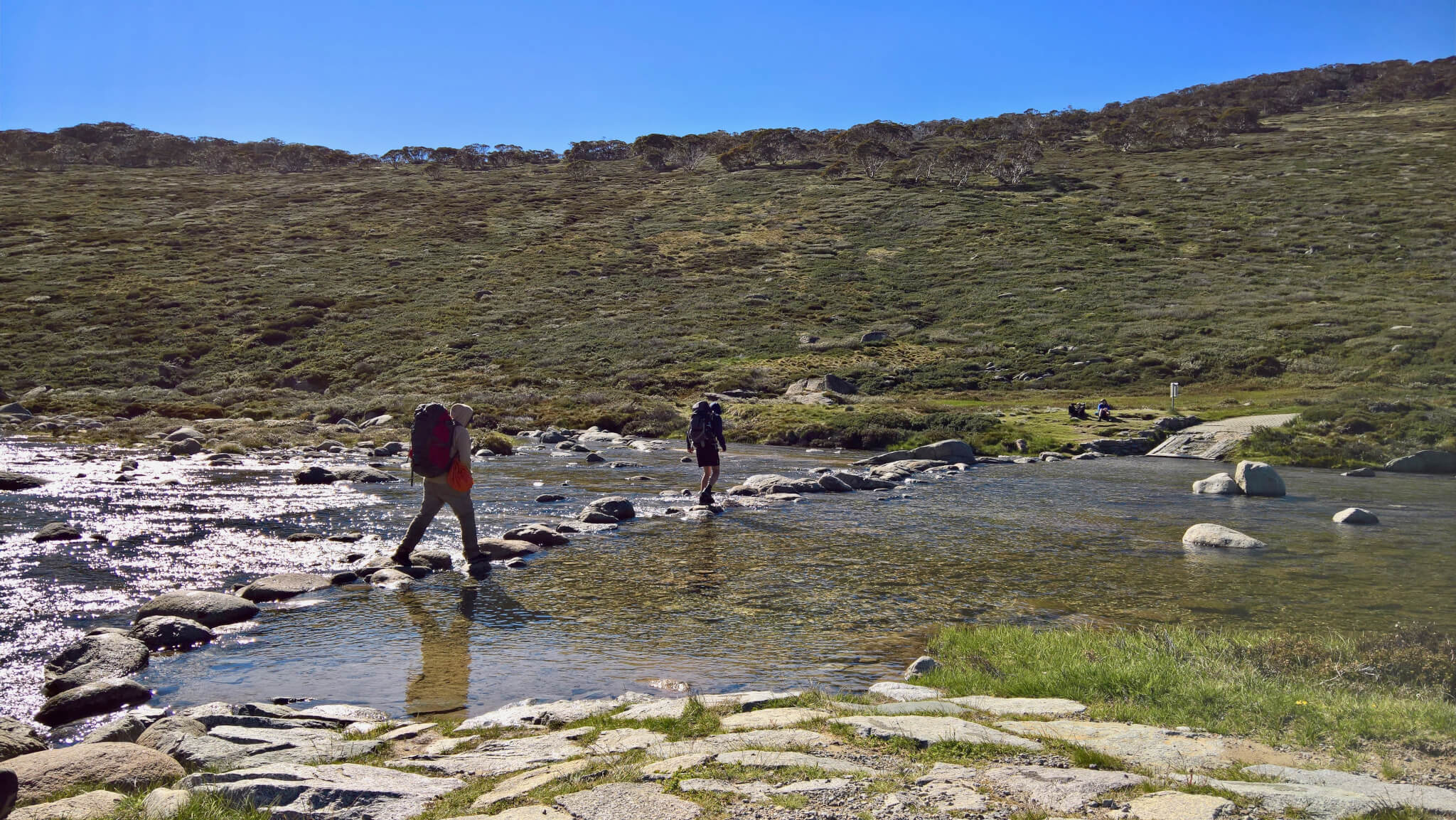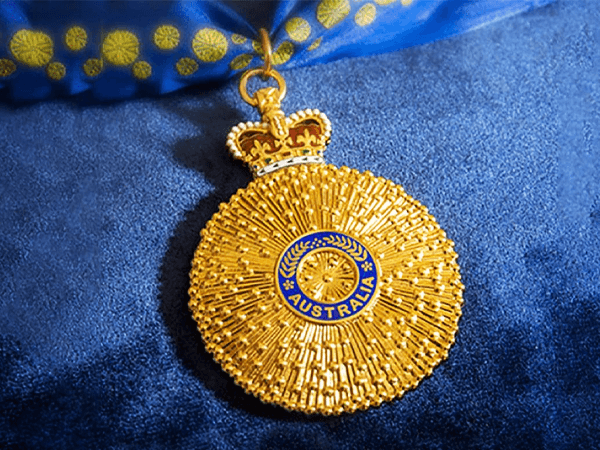Evolving our Environment Charter
A New Charter That Incorporates Living Sustainably
![]()
Since Scouting began, young people have been connecting with the outdoors, learning from nature and taking positive action for their local and global environments. Today the world is facing many more environmental challenges than when Scouting started; therefore it is crucial to keep the environment central to Scouting and to ensure that Scouts are a positive force for change.
For many years, the Scouts Australia Environment Charter outlined eight commitments that define how Scouts can help to care for our natural surroundings. However, with a shift in societal thinking, and the introduction of the United Nations Sustainable Development Goals (SDGs), Scouts Australia began to rethink our Charter, and have now adopted an evolved version.
The Charter, recently adopted by the National Operations Committee and the National Executive Committee, echoes the structure of the Australian Scout Law by providing five dot points that are followed by further explanation to cater to the developmental stages of our members.
The launch of the new Charter celebrates a journey involving the consultation of the National Youth Program Team, the National Youth Council, State Environment Councils, and other stakeholders. Additional support materials are available here to help explore how the Charter can be better understood and integrated into our everyday actions.
A Scout Cares for the Environment By:
Protecting and improving biodiversity
Scouts protect biodiversity by caring for plants, animals and their habitat. They make sure their adventures in the outdoors only have positive impacts on the variety of ecosystems they visit. Scout campsites and properties are managed so existing wildlife habitat is protected and degraded habitat is restored.
Living sustainable lives by taking action to reduce negative impacts
Scouts aim to reduce their environmental footprint by acting to reduce, reuse and recycle waste, and minimise use of energy and water at scouting events and in their daily lives. Scouts support healthy environments by reducing the risk from harmful substances, minimising the use of non-renewable resources, embrace sustainable energy technologies and protecting our clean air and water.
Learning about the environment and inspiring others
Scouts join their communities in activities that encourage life-long learning about the environment. Scouts develop innovative education activities and inspire others to be involved with their journey to take care of our environment.
Thinking globally, acting locally
Scouts adapt their activities at a local level to minimise impacts that change the Earth’s natural processes. Scouts are creating a better world through activities that tackle our environmental, social and economic challenges. They will develop strategies to be prepared for changes in weather conditions that will occur due to climate change.
Enjoying and connecting
Scouts take time to enjoy the environment through passive or active pursuits. They develop connections to the environment with its beauty, drama and excitement.




